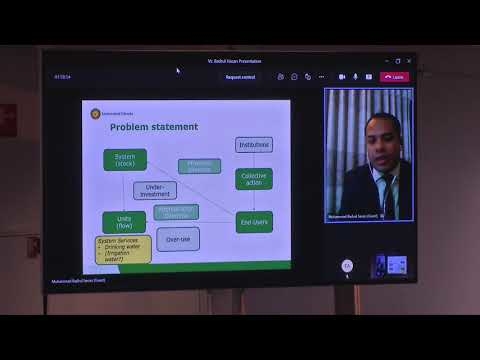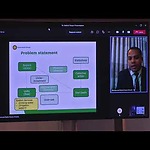We ask firstly, what conditions explain variation in collective action among the beneficiaries of CDWS? And secondly, what conditions explain variation in collaboration between CDWS end-users and a public agency? We lean on the concepts and insights drawn from the commons’ literature. After all, community drinking water system can be framed as a common poor resource (CPR). Its users frequently face appropriation and provision dilemmas, that have to be solved to avoid its failure. Based on this literature, we develop a list of enabling conditions for (i) collective action among CDWS end-users, and (ii) collaboration between the CDWS users and public agency.
We applied this list to study the governance of thirty pond sand filter systems (PSF)-community drinking water systems in the Southwestern coastal area of Bangladesh. Computing correlation, the we find that large group size, interdependency among the group members, heterogeneity of endowments, a high level of dependence on PSF system, locally devised access and management rules, and well-working collaboration between PSF users and public agency officials are significantly associated with the occurrence of collective action among the PSF users. We also find that collaboration between PSF users and the public agency) is positively influenced by transparency and inclusive decision-making procedures, but mostly by a relation that is characterized by trust. The study findings have practical implication as it would help the policy makers and practitioners to optimize the implementation strategy of CDWS and thereby helps to avoid the failure of the CDWS in Bangladesh and elsewhere of the similar contexts.
Source: Hasan, B. 2021. A Community Management Plus Model for the Governance of Community Drinking Water Systems: A Comparative Case Study of Pond Sand Filter Systems in Bangladesh. Additional drinking water sources and circular economy, Risk & Resilience. AIWW 2021.
In-person Conference

